27 pages • 54 minutes read
Ernest HemingwayThe Short Happy Life of Francis Macomber
Fiction | Short Story | Adult | Published in 1936A modern alternative to SparkNotes and CliffsNotes, SuperSummary offers high-quality Study Guides with detailed chapter summaries and analysis of major themes, characters, and more.
Themes
Humankind’s Struggle Against Nature
One of the primary themes in this story is humankind’s struggle against nature, which is particularly evident in Macomber’s hunts for the lion and the buffalo.
The story's African safari setting highlights the contrast between safe, constructed spaces and the dangers of the field. After fleeing in fear from a wounded lion, Macomber retreats to the safe space of the camp, where servants provide cool drinks and steaks in a shaded environment. The narration emphasizes the contrast between these two settings: “That night after dinner and a whisky and soda by the fire before going to bed, as [he] lay on his cot with the mosquito bar over him and listened to the night noises it was not all over” (122). He ruminates on his failure to confront the wounded beast but does so while experiencing the luxuries of civilization.
Sounds remind Macomber of the natural world outside his tent, but he is sheltered from them, knowing Wilson and the gun-bearers are nearby. The previous night, his sense of aloneness and fear tormented him, as he heard a roaring lion, “coughing grunts that made it seem just outside the tent” (122). These sounds taunt him, making his “adventure” in Africa feel newly dangerous and real to him before he must face the animal in the wild, away from the trappings of the camp.
Related Titles
By Ernest Hemingway
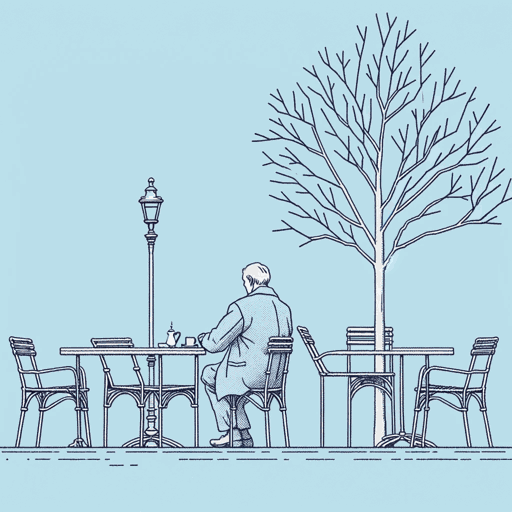
A Clean, Well-Lighted Place
Ernest Hemingway

Across the River and into the Trees
Ernest Hemingway

A Day's Wait
Ernest Hemingway

A Farewell to Arms
Ernest Hemingway
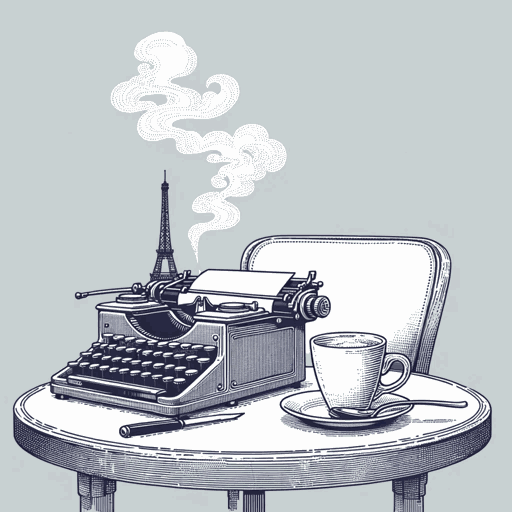
A Moveable Feast
Ernest Hemingway

A Very Short Story
Ernest Hemingway
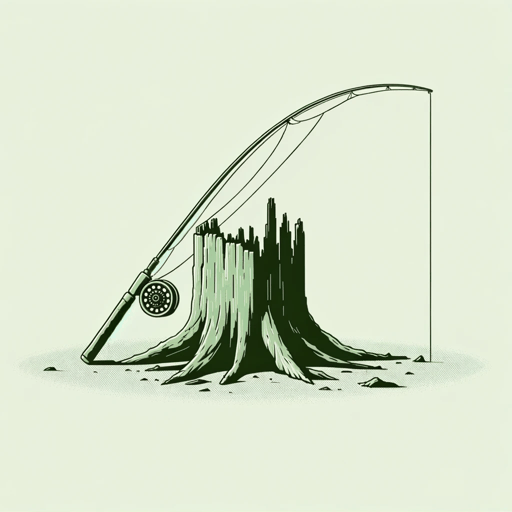
Big Two-Hearted River
Ernest Hemingway
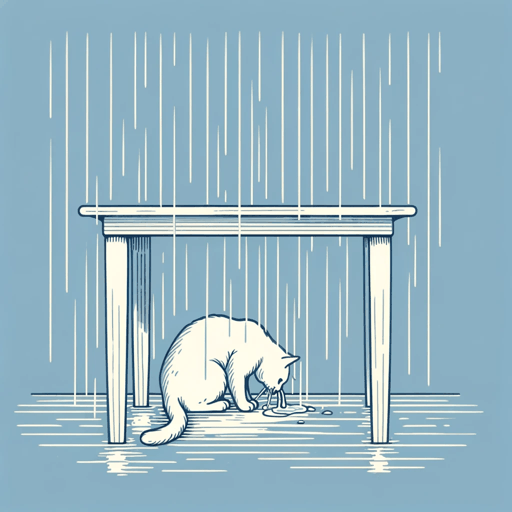
Cat in the Rain
Ernest Hemingway

For Whom the Bell Tolls
Ernest Hemingway

Green Hills of Africa
Ernest Hemingway

Hills Like White Elephants
Ernest Hemingway
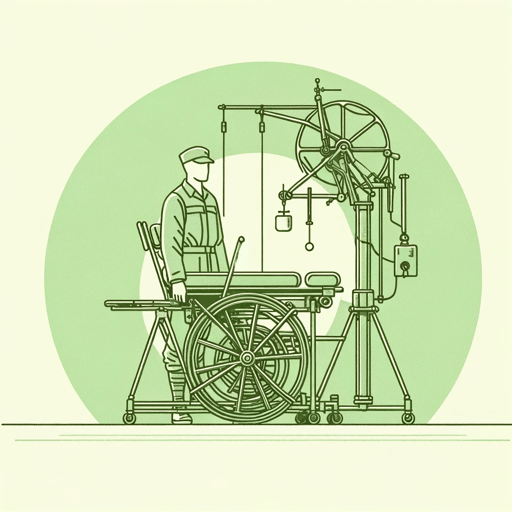
In Another Country
Ernest Hemingway

Indian Camp
Ernest Hemingway

In Our Time
Ernest Hemingway

Old Man at the Bridge
Ernest Hemingway
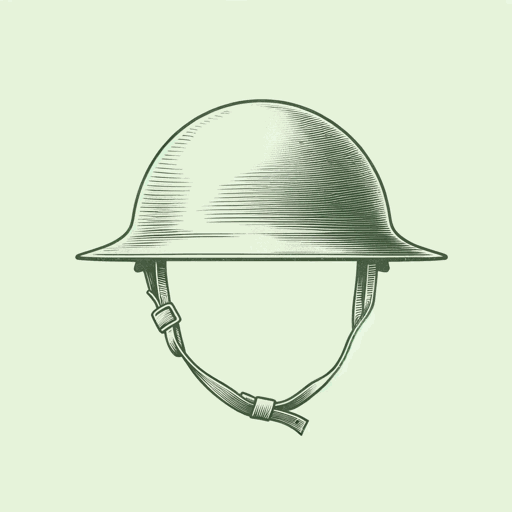
Soldier's Home
Ernest Hemingway

Solider's Home
Ernest Hemingway

Ten Indians
Ernest Hemingway

The Garden of Eden
Ernest Hemingway

The Killers
Ernest Hemingway

